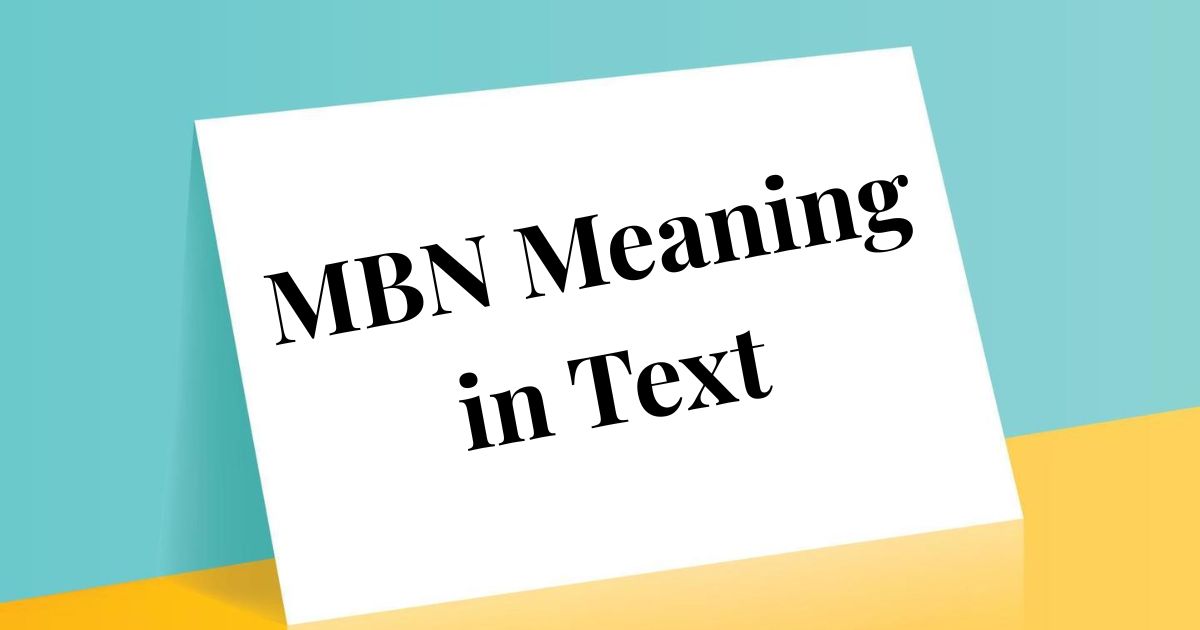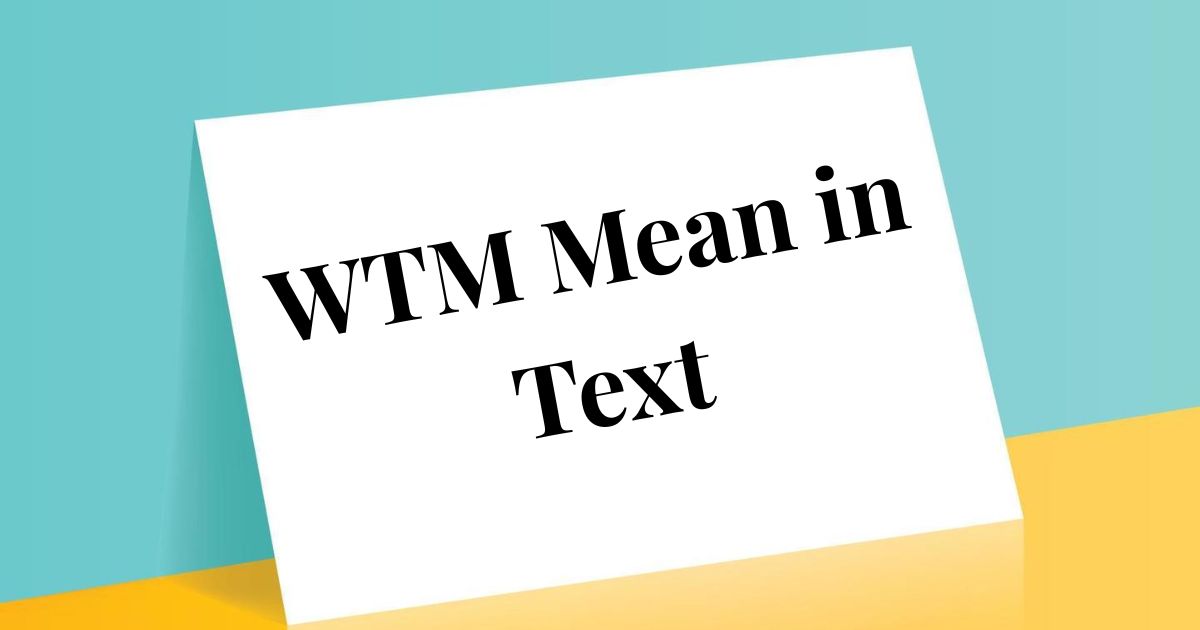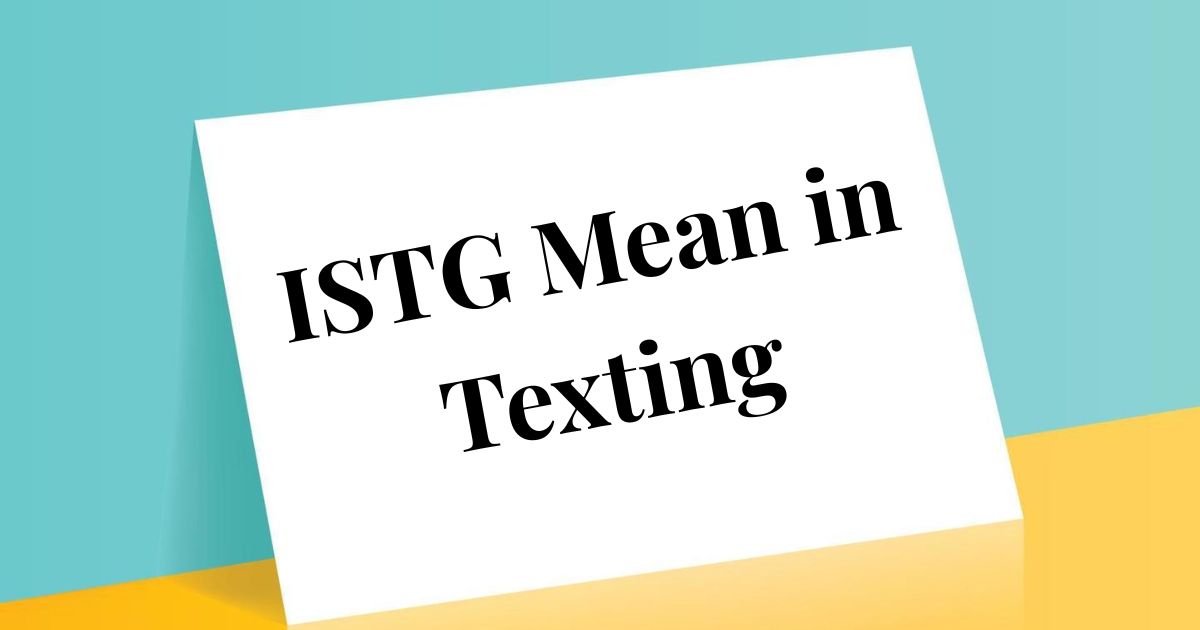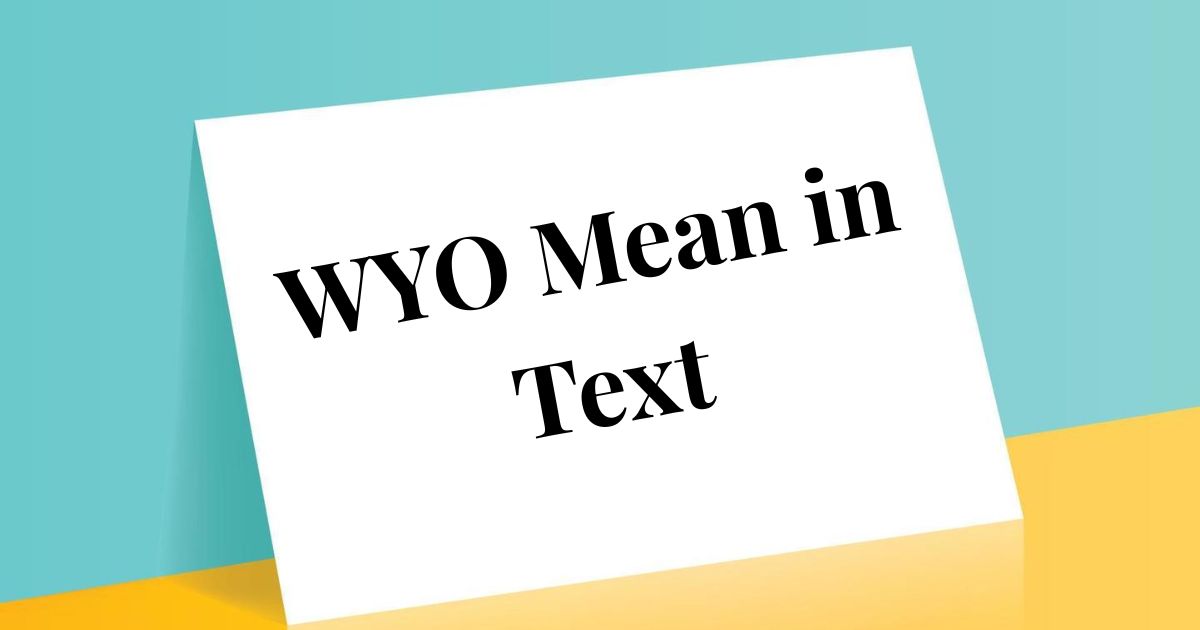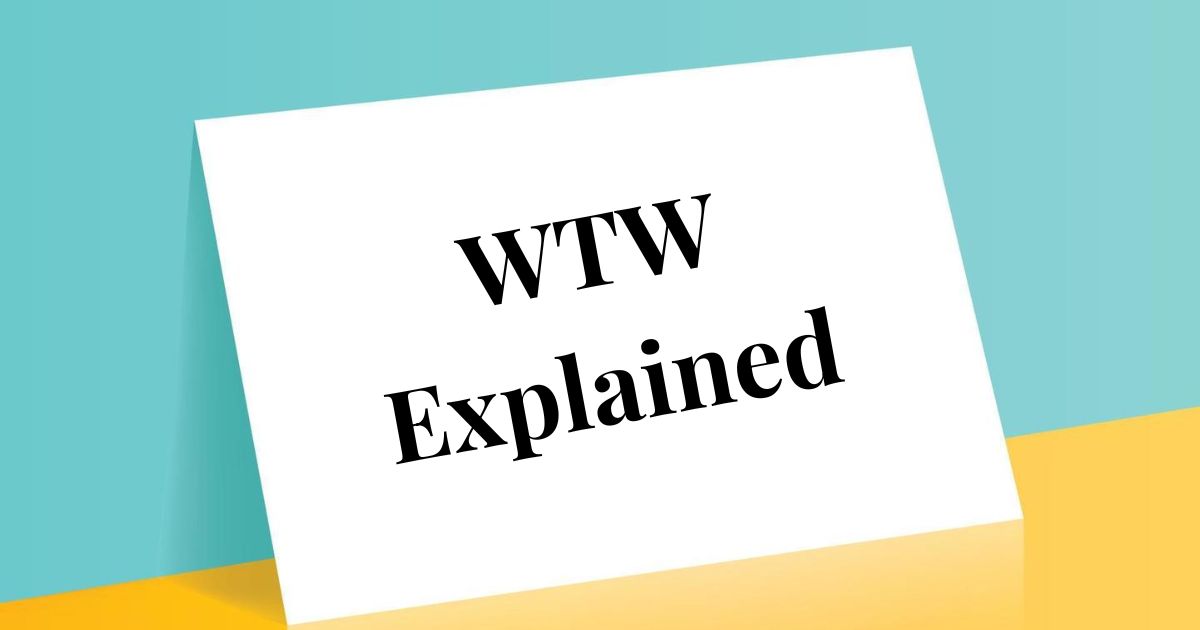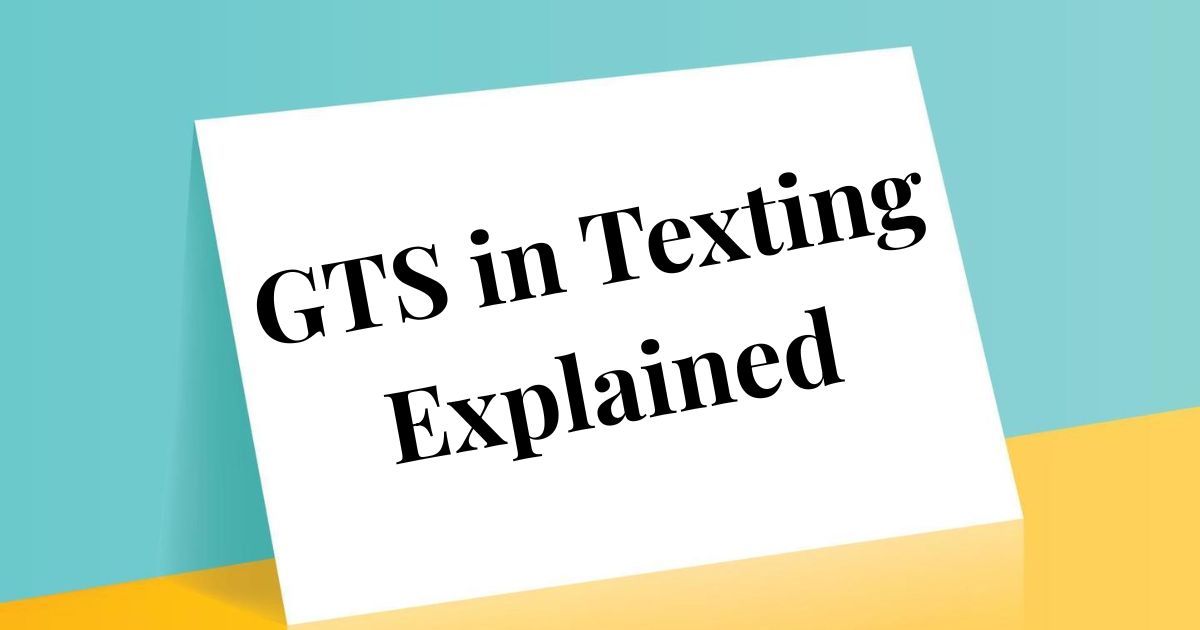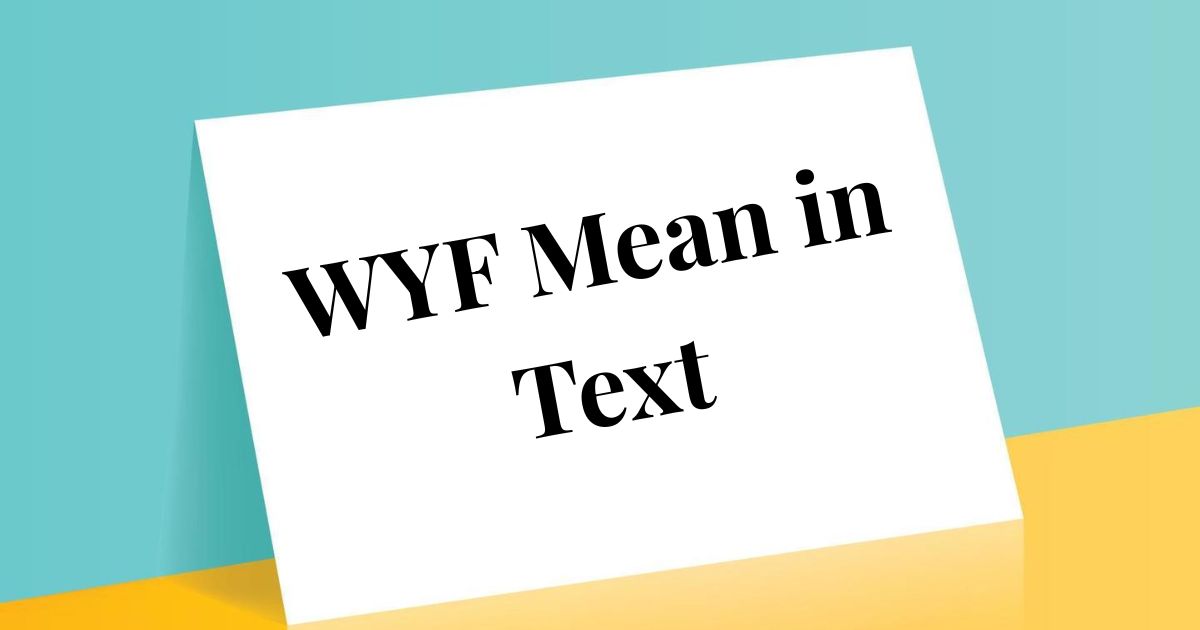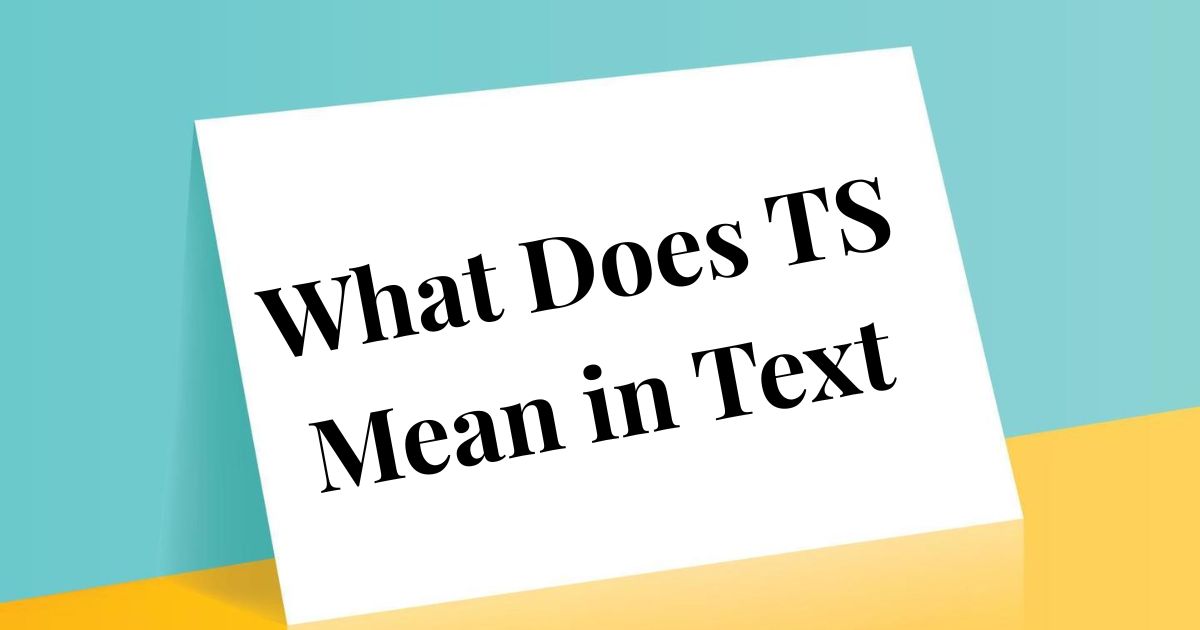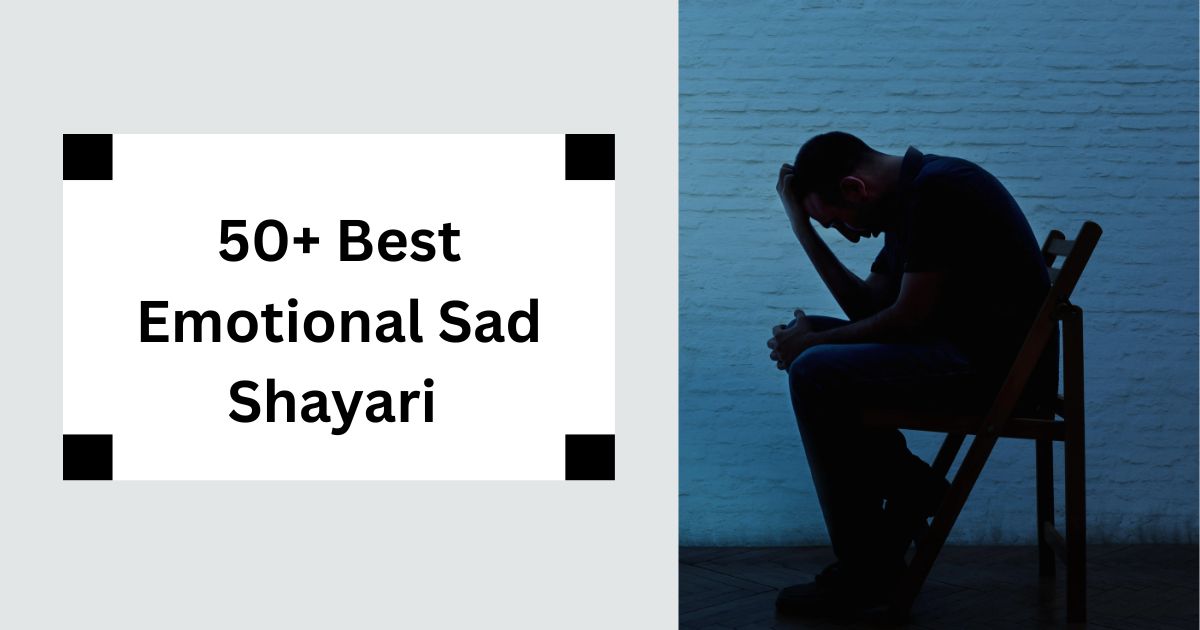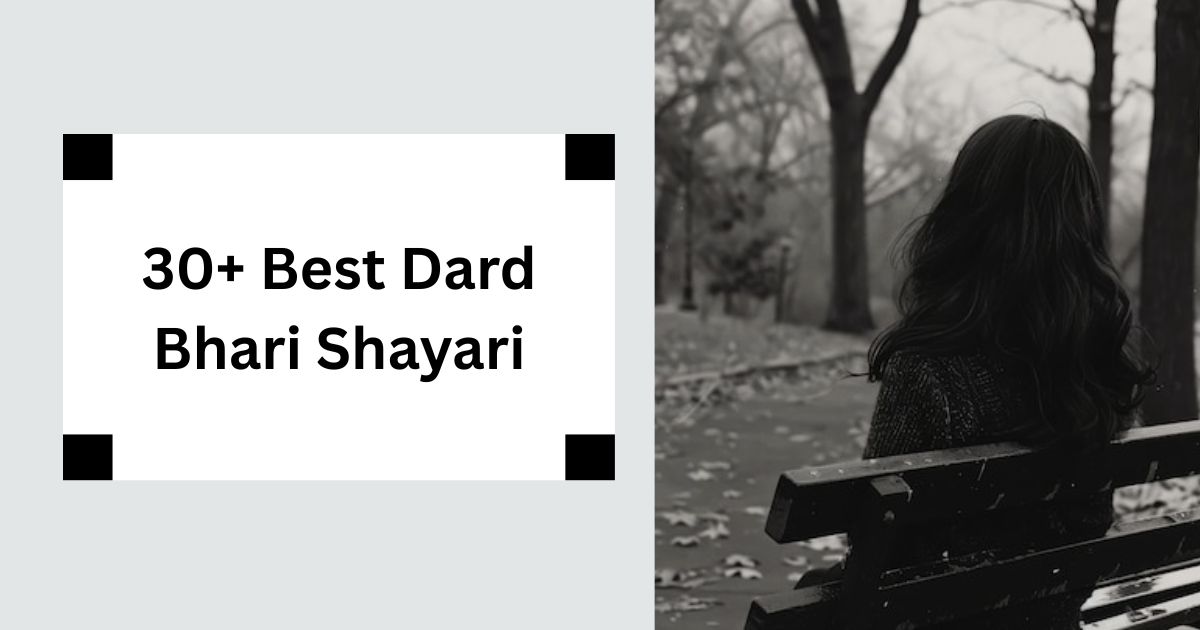You’ve seen it pop up in group chats, Instagram comments, and casual DMs—MBN. Sometimes it feels supportive. Other times? Passive-aggressive. Let’s decode this slippery acronym once and for all.
🔍 What Does “MBN” Mean in Text?
MBN stands for “Must Be Nice.” It’s texting shorthand that’s exploded across social platforms, particularly among Gen Z and millennials who crave brevity.
At first glance, it seems harmless—a quick way to acknowledge someone’s good fortune. However, the devil lurks in the delivery. Depending on context, punctuation, and relationship dynamics, MBN can swing from genuine admiration to thinly-veiled resentment.
You’ll spot it most frequently on:
- Snapchat and Instagram Stories
- TikTok comment sections
- iMessage group threads
- Discord gaming channels
The phrase gained traction around 2018-2019, according to linguistic trends tracked by digital communication researchers. It’s now firmly embedded in online vernacular.
💬 Breaking Down the Meaning of “MBN”
Here’s where things get interesting. MBN functions as a linguistic chameleon—its meaning morphs based on tone, emojis, and what came before it.
Scenario 1: Genuine happiness Your best friend just landed their dream job. You text: “Congratulations! MBN to have that kind of opportunity 🎉” This version radiates authentic joy. You’re celebrating their win without hidden barbs.
Scenario 2: Playful envy Your coworker posts beach photos while you’re stuck in spreadsheet hell. You comment: “MBN ☀️😭” There’s envy here, sure—but it’s lighthearted. You’re acknowledging the disparity without genuine malice.
Scenario 3: Passive-aggressive shade Someone brags excessively about their luxury vacation. You reply with a flat: “mbn.” Notice the lowercase? The period? That’s weaponized punctuation. You’re not happy for them. You’re silently seething.
The context dictates everything. According to a 2024 study by the Digital Communication Lab at Stanford, 67% of respondents admitted they couldn’t always discern sarcasm in text-based acronyms like MBN.
⚖️ Is “MBN” Considered Polite or Rude?
Short answer? It depends entirely on execution.
When MBN lands well:
- You add enthusiastic emojis (✨🎊💕)
- You follow up with genuine questions
- Your relationship has established warmth
- The recipient is sharing genuinely exciting news
When MBN feels like a slap:
- It stands alone with no elaboration
- You use lowercase and minimal punctuation
- There’s history of competitiveness between you
- The timing suggests bitterness rather than celebration
Communication experts note that tone-deaf MBN usage has damaged friendships. Dr. Jessica Martinez, a sociolinguist at UCLA, explains: “Acronyms strip away vocal inflection. Without those auditory cues, we project our own emotional state onto three letters.”
Think of MBN as conversational dynamite. In skilled hands, it sparkles. Mishandled? It detonates relationships.
🧠 Psychological Implications of Saying “MBN”
Let’s dig into what’s actually happening in your brain when you type those three letters.
The comparison trap Social media already triggers constant comparison. When you see someone’s highlight reel—their promotion, their vacation, their perfect relationship—your brain doesn’t register their struggles. You only see the victory lap.
Typing MBN becomes a reflexive response to feeling “less than.” You’re externalizing envy rather than processing it internally.
Emotional laziness MBN requires minimal effort. It’s the textual equivalent of a shrug. Instead of articulating genuine support or examining your own feelings, you default to three letters.
Psychologist Dr. Aaron Chen notes: “When we habitually use dismissive shorthand, we atrophy our capacity for authentic emotional expression.”
The resentment seed Even playful MBN usage can calcify into legitimate bitterness over time. You start every interaction through a lens of what others have that you lack.
Positive reframing Conversely, some people weaponize MBN as motivational fuel. “Must be nice to travel constantly? Fine—I’ll build a life where I can too.” This transforms envy into aspiration.
The healthiest approach? Recognize when MBN emerges from genuine celebration versus masked inadequacy.
📝 When Should You Use or Avoid “MBN”?
Green light situations:
- Close friends who understand your humor
- Lighthearted banter about trivial luxuries
- When you immediately follow up with warmth
- Group chats with established inside jokes
Red light territory:
- Professional communications (never, ever)
- New relationships without rapport
- Someone sharing vulnerable achievements
- When you’re genuinely struggling with jealousy
The replacement test Before sending MBN, ask yourself: “Would I say ‘Must be nice’ out loud to this person’s face, with this exact tone?”
If the answer makes you wince? Revise.
Personal anecdote: I once sent “mbn” to an acquaintance announcing her engagement. She later confessed it stung—she’d struggled with fertility issues and relationship trauma for years. My throwaway acronym felt dismissive of her hard-won happiness.
That moment taught me: effort costs nothing, but carelessness costs everything.
🌐 Variations of “Must Be Nice”
MBN isn’t alone in the passive-aggressive texting universe. Here are its linguistic cousins:
“MBN to be you” – Cranks up the comparison factor
“Must be nice, huh?” – The question mark adds performative curiosity
“Wish I had that” – More direct, less coded
“Some people have all the luck” – Maximum bitterness achieved
“Living your best life, I see” – Instagram-era sarcasm
“That must be amazing for you” – The italics convey everything
Interestingly, British English speakers tend toward “Alright for some, innit?” which carries identical subtext.
Regional variations matter too. In Southern U.S. texting culture, “Bless your heart” occupies similar psychological territory—surface sweetness concealing judgment.
💎 15 Best Alternatives to “MBN” (With Tone and Example)
Let’s upgrade your vocabulary with responses that actually land well.
1. “Good for you!”
Tone: Enthusiastic and supportive
Best for: Friends and colleagues
Example: “Just got promoted to senior manager!” → “Good for you! That’s well-deserved.”
2. “That sounds amazing!”
Tone: Warm and curious
Best for: Any casual relationship
Example: “Spending two weeks in Bali!” → “That sounds amazing! What’s the first thing you’ll do there?”
3. “Wow, you’re living the dream!”
Tone: Admiring without envy
Best for: Aspirational achievements
Example: “Signed my first book deal!” → “Wow, you’re living the dream! Can’t wait to read it.”
4. “How exciting!”
Tone: Genuinely enthusiastic
Best for: Major life changes
Example: “Moving to NYC next month!” → “How exciting! You’ll crush it in the big city.”
5. “I’d love that too someday.”
Tone: Aspirational, not resentful
Best for: When you share similar goals
Example: “Finally debt-free!” → “I’d love that too someday. What strategy worked best for you?”
6. “You’re really making things happen!”
Tone: Acknowledges their effort
Best for: Self-made achievements
Example: “Hit 100K followers today!” → “You’re really making things happen! Your consistency paid off.”
7. “That’s impressive!”
Tone: Respectful admiration
Best for: Skill-based accomplishments
Example: “Ran my first marathon!” → “That’s impressive! How long did you train?”
8. “Color me jealous 😄”
Tone: Playfully envious
Best for: Close friends only
Example: “Week off work approved!” → “Color me jealous 😄 Enjoy every minute!”
9. “You’ve earned it.”
Tone: Recognizes hard work
Best for: Rewards after struggle
Example: “Treating myself to a spa weekend” → “You’ve earned it. Self-care isn’t selfish.”
10. “Ah, the perks of greatness!”
Tone: Humorous and complimentary
Best for: Friends with good rapport
Example: “Free concert tickets from work!” → “Ah, the perks of greatness! Have an amazing time.”
11. “That’s such a cool opportunity.”
Tone: Encouraging and specific
Best for: Career or travel experiences
Example: “Speaking at a conference in Tokyo!” → “That’s such a cool opportunity. You’ll represent brilliantly.”
12. “Must be a great feeling!”
Tone: Empathetic validation
Best for: Emotional milestones
Example: “Just hit one year sober” → “Must be a great feeling! So proud of your journey.”
13. “How lucky!”
Tone: Light and breezy
Best for: Fortuitous circumstances
Example: “Won raffle tickets to the game!” → “How lucky! That’s perfect timing.”
14. “Envious in the best way 😄”
Tone: Honest but warm
Best for: Close friends
Example: “Three-day weekend ahead!” → “Envious in the best way 😄 Make the most of it!”
15. “So happy for you!”
Tone: Pure, unfiltered joy
Best for: Anyone, anytime
Example: “We’re expecting a baby!” → “So happy for you! What incredible news.”
🎯 Choosing the Right Alternative: Tone Matters
Not all situations demand the same energy. Here’s your decision tree:
For major life events (engagements, births, promotions):
Go big with “So happy for you!” or “That’s incredible!” Enthusiasm can’t be oversold here.
For everyday wins (good parking spot, sale find):
Keep it light with “How lucky!” or “Nice score!”
When you’re genuinely envious:
Acknowledge it honestly: “Envious in the best way” or “I’d love that too someday” pairs authenticity with grace.
Professional settings:
Stick to “That’s impressive” or “Well-deserved.” Save emojis for after-hours.
When struggling with comparison:
If you can’t muster genuine warmth, a simple like or heart emoji beats forced words. Sometimes silence preserves relationships better than resentment disguised as support.
✨ Tips for Selection:
Match their energy level – Excitement deserves excitement. Don’t respond to “I GOT THE JOB!!!” with a tepid “cool.”
Consider your history – Inside jokes and rapport determine what lands well. What works with your sister might flop with your boss.
Read the room – If someone’s sharing amid personal struggle, dial up the empathy. Their win may have cost them dearly.
Add follow-up questions – Transform your response into conversation. “That’s amazing! How did you prepare for the interview?” shows deeper investment than standalone praise.
Use voice notes – When tone matters tremendously, let them hear your genuine delight. Voice eliminates ambiguity.
🚫 Why You Might Want to Retire “MBN” from Your Vocabulary
Here’s the uncomfortable truth: MBN rarely makes conversations better.
It centers your reaction over their experience
When someone shares good news, the spotlight belongs on them—not your feelings about their fortune. MBN redirects focus to your comparative position.
It creates unnecessary tension
Even well-intentioned MBN usage plants seeds of doubt. “Did they mean that sincerely? Are they actually annoyed?”
It’s linguistically lazy
You have access to thousands of words. Defaulting to three letters suggests you couldn’t be bothered to craft a thoughtful response.
It reinforces scarcity thinking
Someone else’s success doesn’t diminish your potential. But MBN operates from the premise that good fortune is zero-sum—if they’re winning, you’re losing.
Professional suicide
Send “mbn” to your manager about their vacation and watch your career prospects evaporate. Some acronyms don’t translate to workplace culture.
Better habit formation
Every time you choose “So happy for you!” over “MBN,” you’re training your brain toward abundance thinking and genuine celebration.
🗣️ Real-Life Dialogue Examples
Let’s see these alternatives in action.
1. Friend:
Friend: “Guess who just got approved for a mortgage? This girl! 🏡”
Bad response: “mbn to afford a house”
Good response: “That’s incredible! You’ve been saving forever—this is so well-deserved. When do you start house hunting?”
Why it works: Acknowledges their effort, expresses genuine enthusiasm, and advances the conversation.
2. Colleague:
Colleague: “Heading to the Maldives for two weeks. Finally using that PTO!”
Bad response: “Must be nice. Some of us have deadlines.”
Good response: “That’s such a cool trip! You’ve been crushing it all quarter—enjoy every sunset. Can’t wait to hear about it.”
Why it works: Validates their vacation without martyring yourself. Shows maturity and professionalism.
3. Acquaintance:
Acquaintance: “Just bought my dream car—Tesla Model S!”
Bad response: “MBN to have that kind of money”
Good response: “Wow, that’s impressive! How long did you have your eye on that?”
Why it works: Frames it as an achievement rather than luck, invites them to share their journey.
Read More: What Does ISTG Mean in Texting? Definition, Context & Polite Alternatives 2025
Conclusion
MBN teeters between celebration and contempt—one emoji away from disaster. Master these alternatives instead, and watch your relationships deepen. Choose words that lift others up, not tear them down.

I’m Борис, Writing social media related contents, Here I’m share cool Instagram captions and fun content. Enjoy creative ideas, trends, and tips for social media success!
